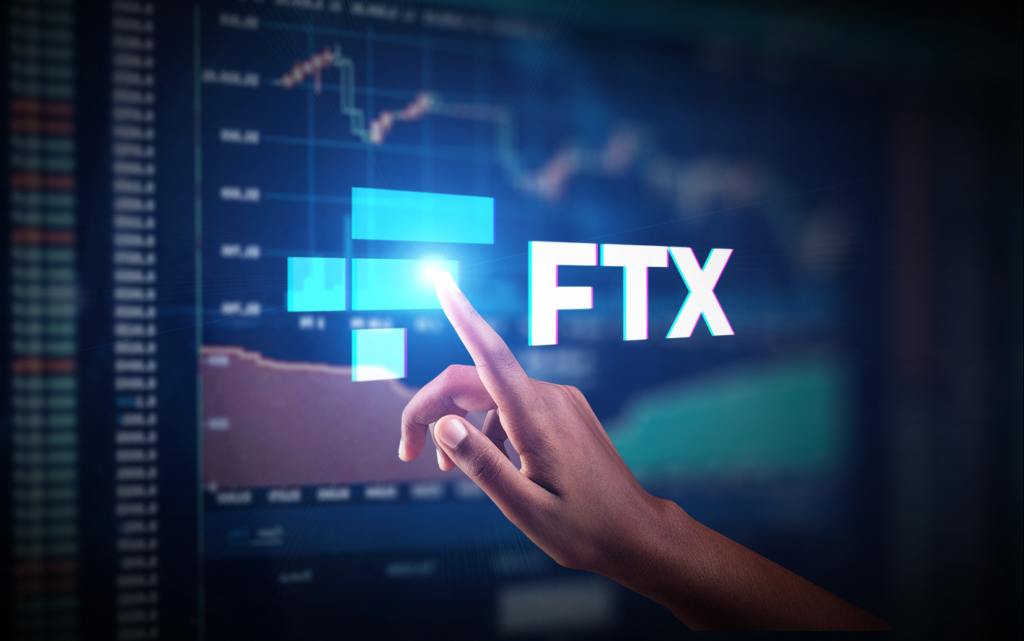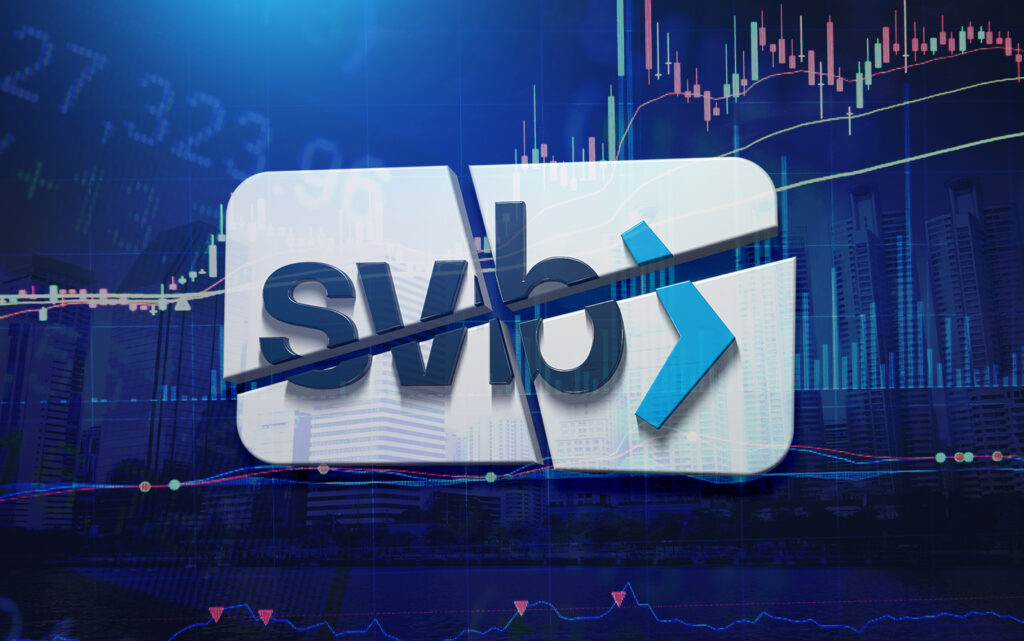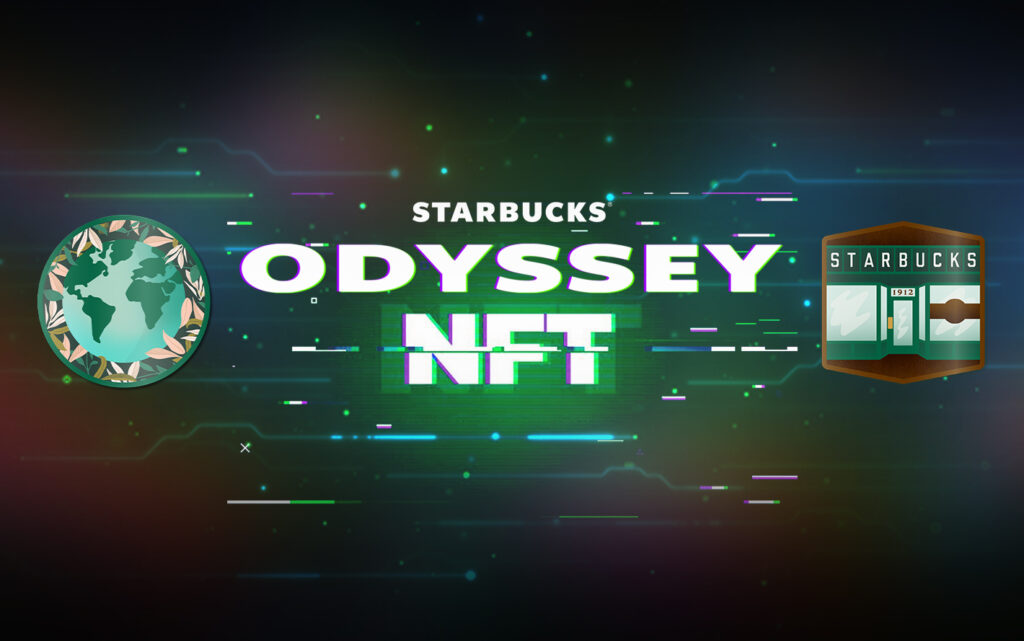The first cross-border transaction using decentralized finance (DeFi) on a public blockchain was successfully done by JP Morgan, the globally recognized banking giant.
This transaction was facilitated by MAS, the Monetary Authority of Singapore’s Project Guardian, on November 2 of this year, and was part of a pilot program to “explore new and potential applications of decentralized finance (DeFi) in the wholesale funding markets”.
The pilot program was an initiative to try to understand how traditional financial institutions can start using tokenized assets as well as DeFi protocols to make financial transactions, and at the same time, explore other ways of use.
Polygon, Ethereum’s Layer 2 network, was chosen to perform the historic transaction and a modified version of the Aave protocol’s smart contract code was used.
The head of blockchain and Onyx digital asset launch at JP Morgan’s Onyx business unit, Tyrone Lobban, was the one who shared the news on Twitter last November 2, and indicated that the tokenized SGD deposits were the first tokenized deposit issuance by a bank.
This development comes as most financial players have predicted major breakthroughs for blockchain-based tokenization of real-world assets.
Boston Consulting Group estimated that the total size of tokenized illiquid assets will reach USD 16.1 trillion by 2030, in a report published in September 2022.
Meanwhile, Cynthia Wu, COO of digital asset services platform Matrixport, recently stated that “almost everything could be tokenized in 5-10 years” and that non-fungible tokens could represent assets outside the blockchain, such as property titles, stocks and bonds.












